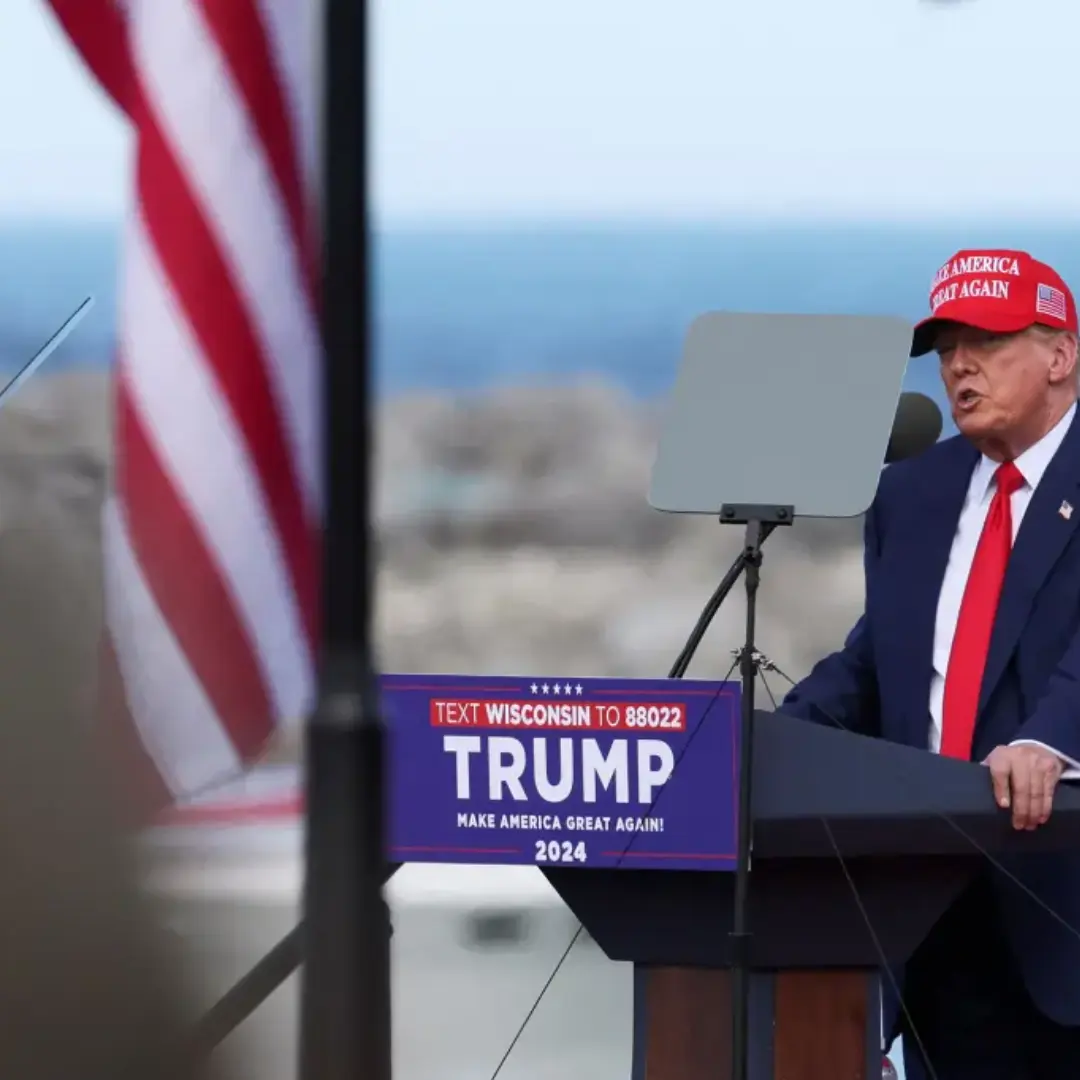Former President Donald Trump’s proposal to grant US green cards to foreign graduates emerged as a pivotal component of his immigration policy reform agenda. This initiative aimed to address longstanding challenges in attracting and retaining skilled international talent within the United States.
Historically, the US has been a magnet for global talent, particularly in fields such as science, technology, engineering, and mathematics (STEM). Many foreign graduates from US universities possess advanced degrees and specialized skills that are in high demand across various industries. However, the existing immigration system often posed hurdles for these graduates to transition from student visas to permanent residency or work visas, contributing to talent drain as they sought opportunities elsewhere.
Trump’s green card proposal sought to streamline this process, recognizing the potential economic and innovation benefits of retaining skilled workers. By offering green cards directly to foreign graduates, the plan aimed to incentivize them to stay in the US and contribute to its economy long-term. This strategy aligned with broader efforts to bolster the US workforce and maintain competitiveness in a globalized economy.
Critics and supporters alike debated the implications of Trump’s immigration policies. Advocates argued that facilitating the transition from student visas to green cards would reduce bureaucracy and uncertainty, enabling businesses to retain talent crucial for innovation and growth. They contended that such reforms were essential amid global competition for skilled workers.
However, concerns were also raised regarding the broader impact on immigration levels and diversity within the US workforce. Critics highlighted potential challenges, such as ensuring fair access to opportunities for both foreign graduates and domestic workers. Additionally, questions arose about the overall framework of the immigration system, including its capacity to adapt to evolving economic and demographic trends.
Trump’s green card proposal underscored ongoing debates about immigration policy in the US, reflecting broader societal and economic dynamics. It represented an effort to balance national security considerations, economic imperatives, and humanitarian concerns within the context of a complex and politically charged issue.
Ultimately, the implementation and impact of Trump’s immigration policies, including the green card initiative, were shaped by legislative processes, regulatory actions, and judicial interpretations. The proposal, part of a broader reform agenda, aimed to reshape how the US approached immigration, emphasizing skill-based criteria and economic contributions while navigating political and societal divisions surrounding the issue.









